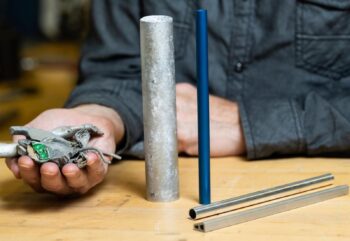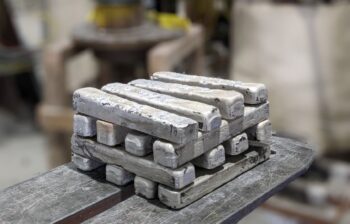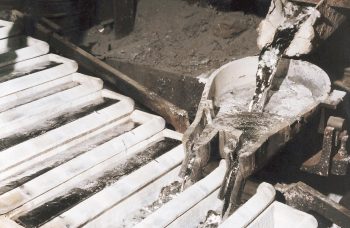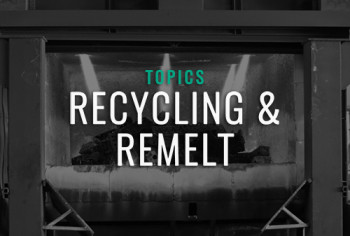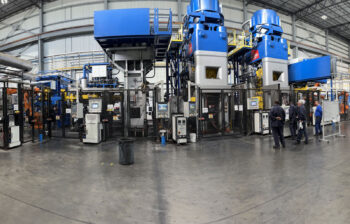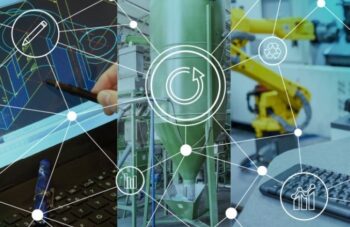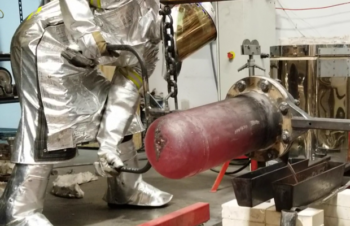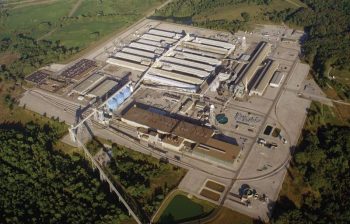
Century Aluminum Company was selected by the U.S. Department of Energy (DOE) Office of Clean Energy Demonstrations to begin award negotiations for up to $500 million in Bipartisan Infrastructure Law and Inflation Reduction Act funding to build a new aluminum smelter as part of the Industrial Demonstrations Program (IDP). Century’s Green Aluminum Smelter Project is […]

